SEEC – Sustainable and energy-efficient energy communities

SEEC – Sustainable Energy-Efficient Energy Communities is a cross-border project funded by Interreg Aurora. The project is focusing on the development and piloting of sustainable, energy-efficient energy communities in Arctic and near-Arctic regions. The project supports the green transition by offering practical solutions tailored to regional conditions such as cold climate, long distances, and sparse […]
Northern Traffic Lights
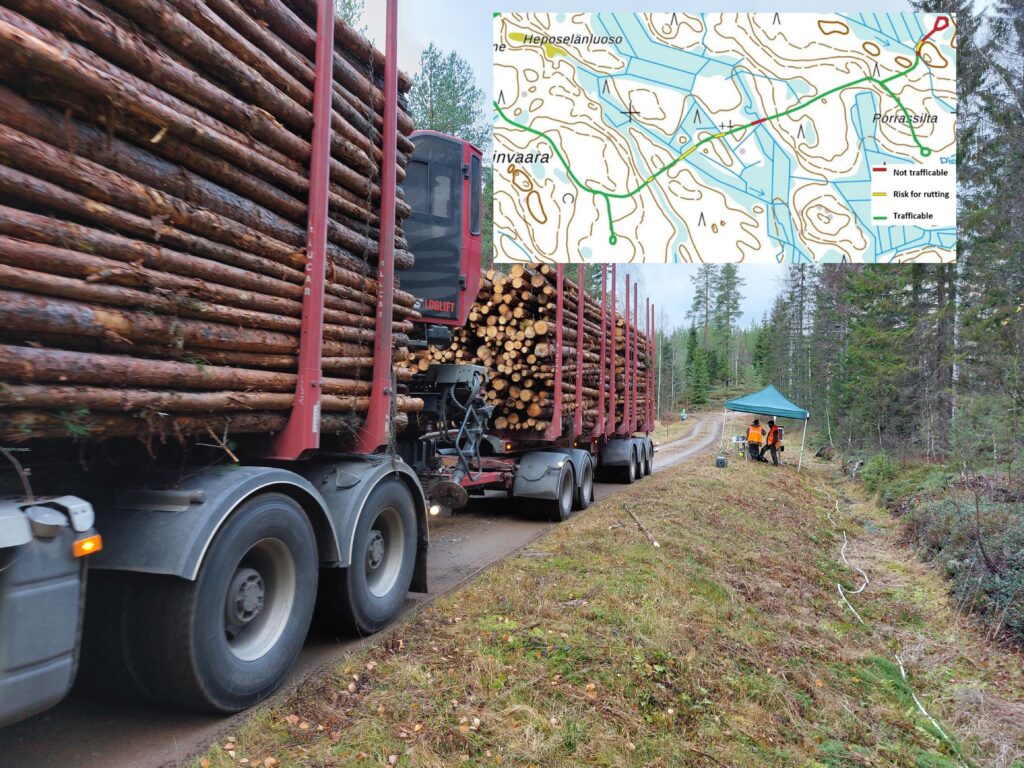
The importance of trafficable private gravel roads in the Aurora programme area is considerable. Today, information on the trafficability of gravel roads is based on the local knowledge of residents and road users. This information is fragmented, imprecise and difficult to obtain and use. New road information would help people make decisions for the personal […]
BB Alien – Beyond Borders: Joint Efforts to Combat Invasive Alien Species
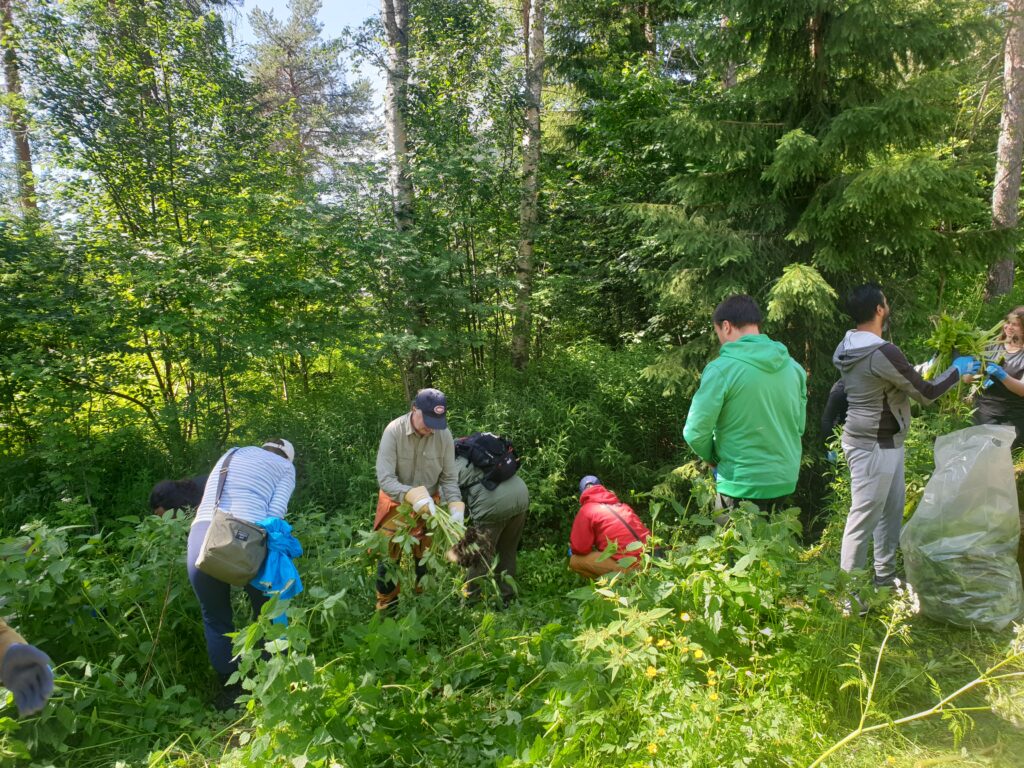
Invasive alien species (IAS) pose a major threat to northern biodiversity. IAS benefits from climate change and therefore has an advantage over native species, especially in northern latitudes where the global warming goes faster. IAS is spread both by humans and naturally through for example watercourses, and do not accept any boarders. Therefore, it is […]
MASSIW – Developing acid sulfate soil management for improved water status
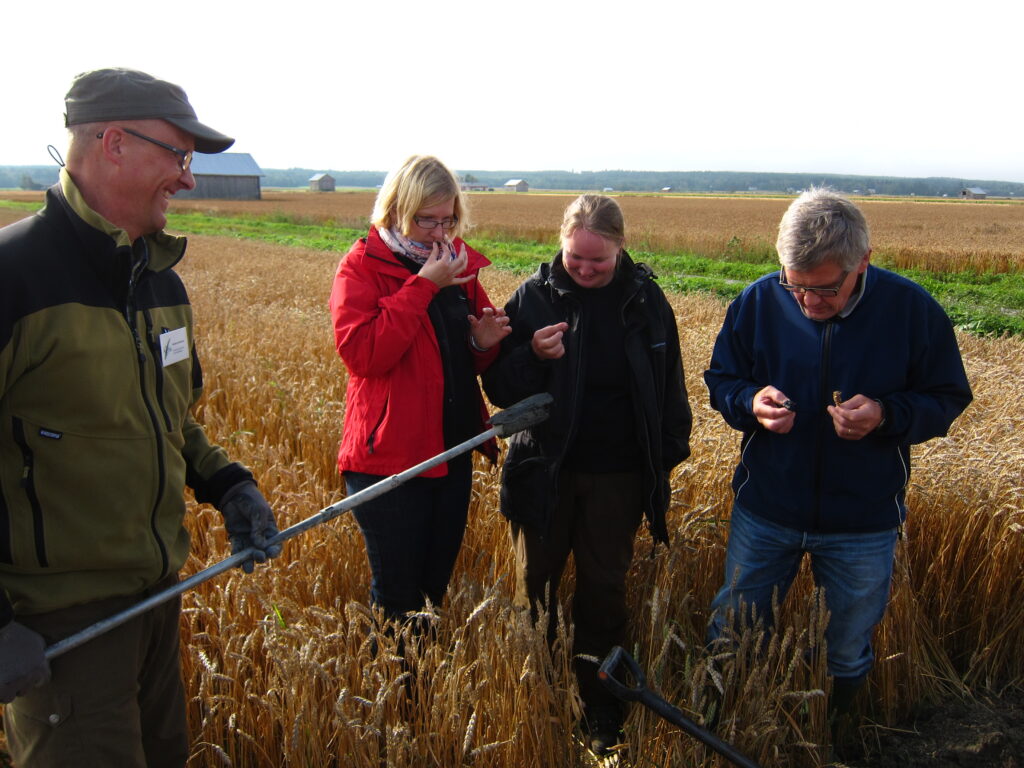
Leaching of acids and metals from acid sulfate soils causes similar challenges for Finland and Sweden within the Aurora programme area. This includes acidification and metal contamination of soils and waters, leading to biological degradation including loss of aquatic biodiversity, impaired fish reproduction and reoccurring mass fish kills. As a consequence, many water bodies fail […]
Insects of the North
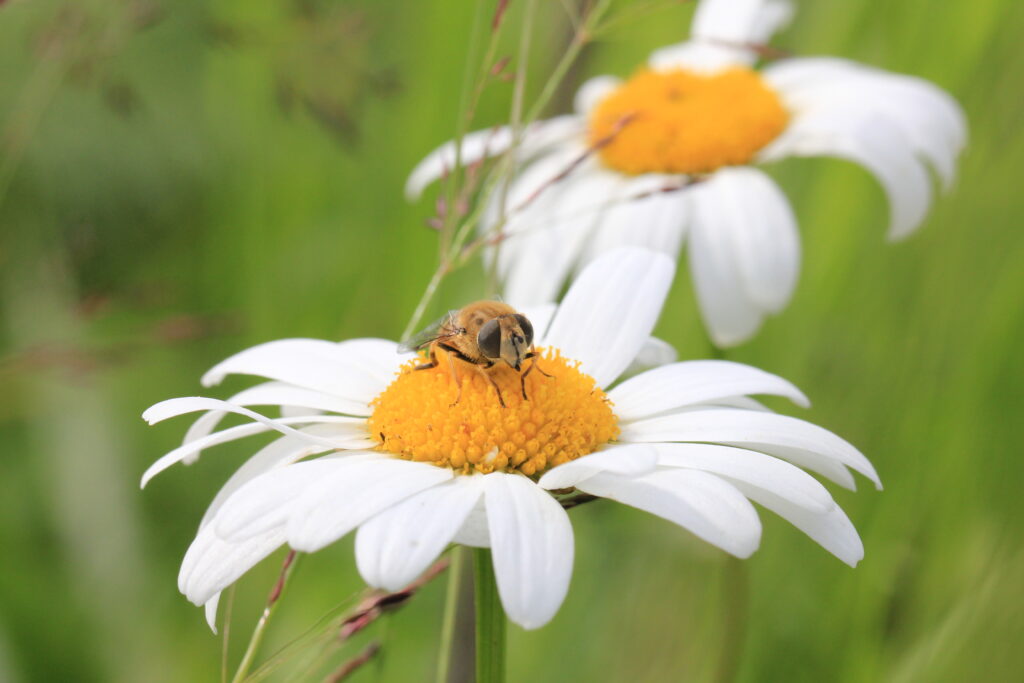
Insects bring huge benefits to humanity but information on the status and trends of insect populations is largely lacking, especially in the northern parts of the Nordic countries. Given their importance, the need for monitoring methods adapted to the specific conditions in the North is obvious. As insects are also ideal indicators of biodiversity and […]
NordicForestry

Young forests account for a substantial part of the Nordic boreal forest and their management lays the base for future forestry. Traditionally, management of young stands have mainly aimed to secure future revenues through outtake of saw-timber and pulpwood and residual biomass for bio-energy. The goals of forestry have diversified strongly in recent decades, emphasizing […]
RESONATE
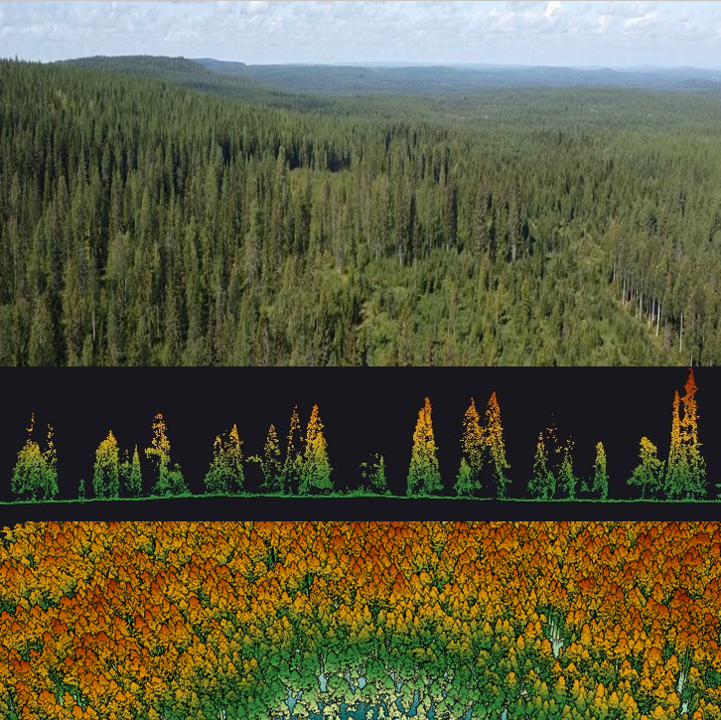
The overall objective of the Interreg Aurora funded project RESONATE is to fortify climate resilience within the forestry sector of the Aurora programme area, particularly in Finnish Lapland and Norrbotten in Sweden. Focused on the integration of advanced remote sensing and artificial intelligence (AI) technologies, RESONATE seeks to enhance forest management practices by enabling precise […]
NorthDIVeRSITY

Monitoring biodiversity is very time demanding and costly due to the extensive expertise needed to identify species in different environments and the associated laborious field work. Environmental DNA (eDNA), the detection of DNA traces left in the environment by different organisms, has great potential to become an efficient tool in biodiversity monitoring. However, tests of […]
REWATER

The Interreg Aurora funded project REWATER aims to develop smart water management solutions, to ensure sustainable agricultural water management in a changing climate in the Interreg Aurora programme area. Global warming causes increasing risks for health, livelihoods, food security, water supply, and economic growth. The risks depend on geographic locations and relevant actions taken for […]

